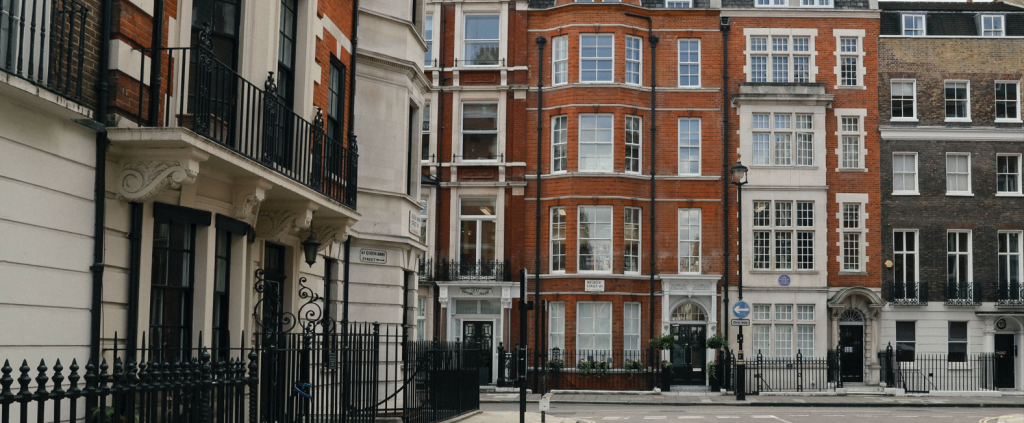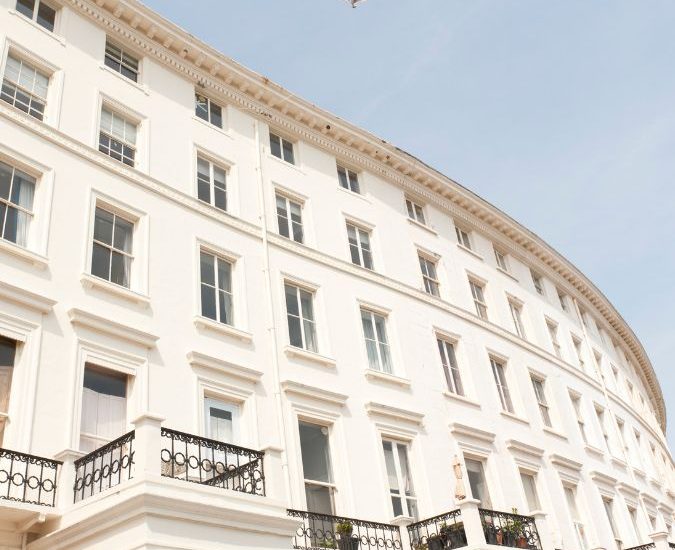The Impact of the Furnished Holiday Lettings (FHL) Regime Repeal
In this year’s Spring Budget, the government announced the repeal of the Furnished Holiday Lettings (FHL) regime, which will take effect on April 6th, 2025. While many are aware of the impending change, the full implications on businesses operating under the FHL regime might not be as well understood. This transition will significantly alter how such properties are treated from a tax perspective, impacting the financial landscape for property owners.

Transition from FHL to Property Business
One of the most important aspects to note is that FHL businesses will not be considered “ceased” as of April 6th, 2025. Instead, they will transition into regular property businesses. This shift will result in the loss of several tax reliefs that are currently exclusive to FHLs, with far-reaching effects on property owners, especially those who are higher or additional rate taxpayers.
Changes to Mortgage Interest Relief
Perhaps the most significant impact will come from changes to how mortgage interest is treated. At present, landlords of furnished holiday lets can deduct their mortgage interest directly from rental income, reducing taxable profits. This arrangement has allowed for greater tax efficiency, particularly for those with substantial mortgage debt.
However, starting in the 2025/26 tax year, this deduction will no longer be allowed. Instead, mortgage interest will only qualify for a basic rate deduction of 20%. For those in the higher or additional tax brackets, this change may reduce the attractiveness of holding properties in their personal name. Higher tax burdens could lead many property owners to reconsider their business structures, such as incorporating, to mitigate tax liabilities.

Reduction in Allowable Expenses
Another significant change post-repeal involves the scope of allowable expenses. Under the FHL regime, owners can currently claim capital allowances for furnishing, even when those furnishings are considered improvements. This provides valuable relief by reducing taxable profits.
Starting from April 2025, this will no longer be the case. Regular property businesses are not allowed to claim capital allowances for residential properties, meaning only like-for-like replacements for furniture will be tax-deductible. Improvements will not be eligible for immediate relief and will only be factored into the capital gains tax calculation upon selling the property. For property owners accustomed to the generous allowances under FHL, this represents a significant limitation.
A Silver Lining: Loss Carry Forward
While the repeal removes several key benefits, there is one piece of good news. As FHL businesses will not be considered ceased, any losses generated before the repeal can still be carried forward into the new property business. This could offer some relief for businesses that have operated at a loss, allowing them to offset future profits. Additionally, some current FHL reliefs regarding capital expenditure can still be carried forward into the continuing property business, provided careful planning is in place before the transition occurs.
The repeal of the FHL regime will bring about notable changes, and those affected should act early to assess their options. Understanding how these changes will impact your business and making adjustments—such as reviewing how properties are held and reconsidering plans for capital expenditure—can help mitigate potential tax increases.
With the right planning, some reliefs may still be salvaged, and losses carried forward could soften the blow of these changes. Consulting with a tax professional before April 2025 will ensure you navigate the transition smoothly and keep your business in the best financial position possible.

Here at PJCO we have a specialist property department, and if you need assistance starting your BTL journey, please feel free to book a free discovery call using the link below!
Please get in touch on 01273 441187 or book a discovery call with one of our expert accountants.
Contact

You May Also Like…







